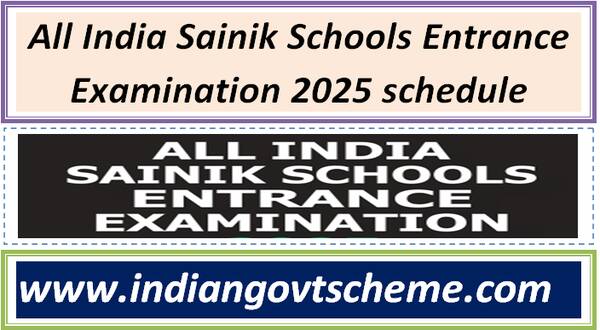RAJYA SABHA
Closure of schools due to COVID-19 pandemic
117 Shri Ram Nath Thakur:
Will the Minister of Education be pleased to state:
(a) whether it is a fact that the schools in the country were closed due to COVID-19 pandemic and studies of the students were affected for 10 months; and
(b) if so, whether Government is considering to compensate for the loss of study hours of the students?
(SHRI RAMESH POKHRIYAL ‘NISHANK’)
(a) to (b) A Statement is laid on the table of the House.
STATEMENT REFERRED TO IN REPLY TO PARTS (a) TO (b) OF RAJYA SABHA STARRED QUESTION NO. 117 ASKED BY HON’BLE MEMBER OF PARLIAMENT SHRI RAM NATH THAKUR REGARDING “CLOSURE OF SCHOOLS DUE TO COVID- 19 PANDEMIC”.
(a) to (b) In the year 2020-21, COVID 19 was declared a global pandemic which caused an unprecedented public health emergency, affecting almost all countries and territories globally and the world came to a standstill. However in these challenging circumstances, the Ministry of Education took up the responsibility to continue the education of the students through multiple alternative ways while ensuring safety and wellbeing of the students. It was ensured that all major educational activities including online and offline classes, conducting of exams, evaluating the answer sheets and declaration of results of the examinations were completed so that Academic Year of the students is not impacted.
Education is a concurrent subject, and Ministry of Education has held regular consultations with the states and UTs at various levels to plan the continuity of learning of students during pandemic and several measures were taken so that children get uninterrupted education. Several guidelines were also issued in this regard. In addition to this online training and capacity building of teachers was also initiated. Infrastructure development for online and offline educational activities were accelerated to minimise the learning loss of the students. The Ministry has taken many initiatives during the pandemic which include the following:-
DIKSHA (Digital Infrastructure for Knowledge Sharing)– DIKSHA is the national platform for school education for grades 1 to 12 and it can be accessed through a web-portal and mobile application. It provides access to a large number of curriculum linked e-content.
One Class One TV Channel of Swayam Prabha– 12 DTH Channel of Swayam Prabha of School Education were started in October, 2020 to support and reach those who do not have access to the internet.
Extensive use of T V Channels ,Radio, Community radio and Podcasts– Radio broadcasting is being used for children in remote areas who are not online. Community Radio Stations have also been used to broadcast content for NIOS for grades 9 to 12.
For the differently-abled – One DTH channel is being operated specifically for hearing impaired students in sign language. For visually and hearing impaired students, study material has been developed in Digitally Accessible Information System (DAISY) and in sign language; both are available on NIOS website/ YouTube.
E-textbooks – The e-textbooks can be accessed using e-Pathshala web portal and mobile app (Android, iOS, Windows).
National Repository of Open Educational Resources (NROER) – NROER is an open storehouse of e-content. The e-content is available for all grades for various school subjects.
Alternative Academic Calendar: – A week-wise plan for assisted and self learning for grades 1 to 12 has been developed by NCERT. It consists of interesting activities and challenges related to topics/themes in the syllabus. It maps the topics/themes with the learning outcomes & facilitates teachers/parents to assess the progress in students’ learning in a variety of ways.
PRAGYATA Guidelines on Digital Education : These guidelines have been developed with a focus on online/blended/digital education for students who are presently at home due to the closure of schools. The guidelines recommend screen time for different categories of students.
Learning Enhancement Guidelines for continuous learning : In order to reach every student Learning Enhancement Guidelines were issued on 19 August 2020.
Central Board of Secondary Education (CBSE) – has decided to compensate the loss of face to face teaching learning by rationalizing the syllabus for the Board/Annual Examinations for classes IX to XII to an extent of around 30 percent.
MANODARPAN for psychosocial support – is an initiative covering a wide range of activities to provide psychosocial support to students, teachers and families for Mental Health and Emotional Wellbeing.
